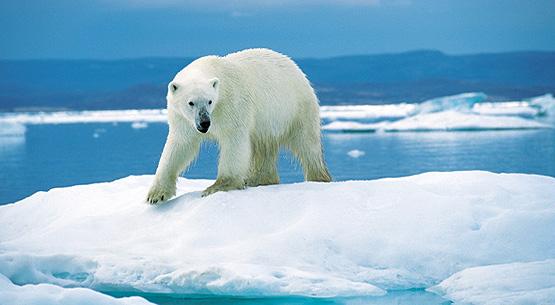
GLOBAL CLIMATE CHANGES COST

The risk of runaway climate change can be prevented without seriously denting global economic growth, scientists forecast in the most comprehensive report on global warming yet published.
The optimistic economic outlook could be combined with cuts to greenhouse gas emissions to nearly zero by the end of this century says the study by the UN's Intergovernmental Panel on Climate Change , the world's leading authority on global warming.
Without such deep reductions, there is a danger that more frequent and intense extreme weather, along with rising sea levels and other impacts of a changing climate, will add costs that "cannot even be quantified", said panel chairman, Dr Rajendra Pachauri, at the launch of the study in Copenhagen on Sunday.
Global temperatures have already risen by nearly 1 degree Celsius since the industrial revolution and governments agreed in 2010 that warming should not exceed 2ºC, a threshold scientists say it is risky to breach.
It is possible to stick to this limit by introducing measures to cut emissions that only cause an average annual 0.06 percentage point cut in the rate of global consumption, a proxy of economic growth, the study says.
That still implies big demands on some nations, said a co-author of the report, Dr Ottmar Edenhofer from Germany's Potsdam Institute for Climate Impact Research. "That is an average figure. For some countries this could be quite a huge challenge," he said, pointing to big oil exporters such as Saudi Arabia and African countries planning to exploit their fossil fuel reserves.
"We have much more coal, oil and gas underground compared to the amount we can release into the atmosphere in the next five decades if we want to avoid dangerous climate change," he said.
Another IPCC co-author, Professor Richard Tol of the University of Sussex in the UK, who claimed earlier panel reports were too "alarmist", said it was possible to question the 0.06 percentage point number in the latest report and how it was derived.
But he added: "Such quibbles would be beside the point. It has been long known that smart policy can reduce greenhouse gas emissions at a small cost, even for deep cuts."
The trouble was that smart policy would be a carbon tax that was equal for all emissions from all emitters, he said, and "all evidence to date is that governments compete on who can think of the daftest climate policies", such as subsidies and tax breaks.
The IPCC report lists several ways emissions can be lowered, starting with a higher price on carbon dioxide, the main greenhouse gas from fossil fuel combustion.
This would drive more renewable energy from sources such as wind farms and the expensive carbon capture technology on power plants that governments have been struggling to introduce for years.
The tone of the IPCC's latest study is more urgent than previous reports by the 26-year-old panel, which has issued five weighty assessments of the latest state of knowledge about climate change for governments since 1990.
It started publishing its latest fifth assessment 13 months ago and the synthesis report it finalised in Copenhagen is aimed at clarifying its findings about the causes of climate change and solutions.
The new report, by more than 830 scientists from 80 countries, will play an important role in international climate talks in Paris at the end of next year that are due to produce a new global treaty on reducing emissions.
It repeats earlier findings that humans have been the dominant cause of the warmer temperatures measured since the 1950s, which are already raising sea levels and melting ice caps.
Governments have little time to waste, the IPCC says. "Delaying additional mitigation to 2030 will substantially increase the technological, economic, social and institutional challenges associated with limiting the warming over the 21st century to below 2ºC relative to pre-industrial levels," it said on Sunday.
ft.com




